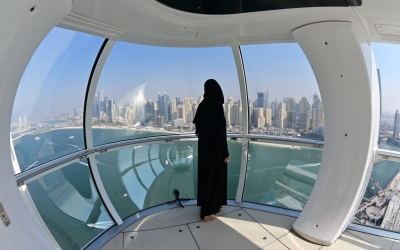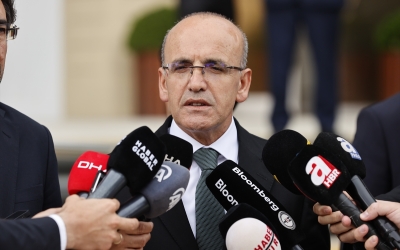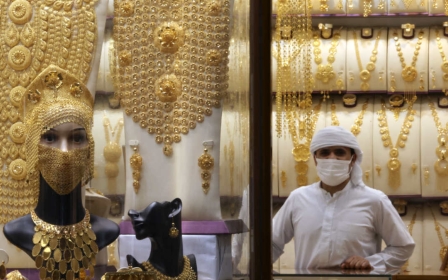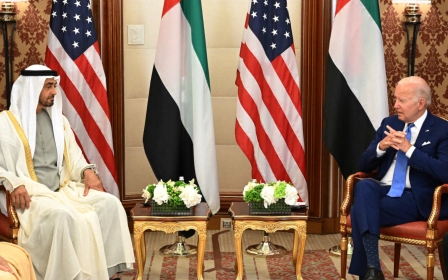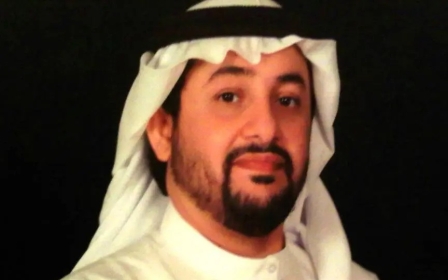US and EU allies push to get UAE off financial grey list: Report
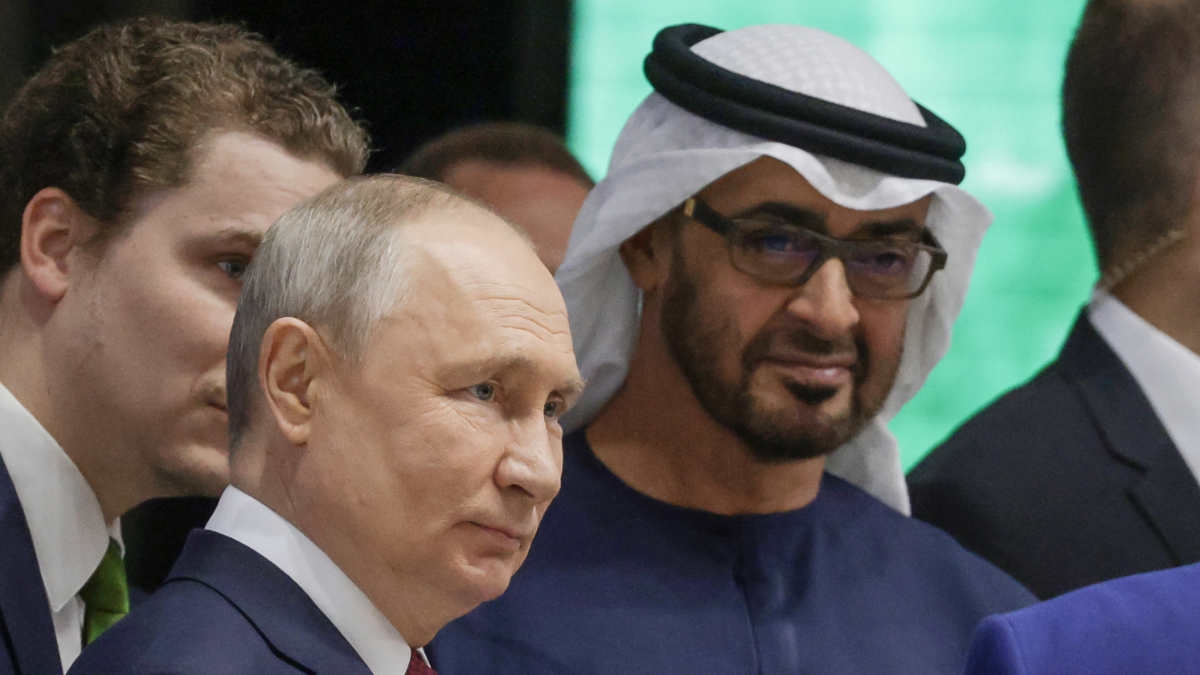
The US and its European allies are lobbying a global financial watchdog to remove the UAE from a money-laundering grey list, according to a report by Politico.
The UAE was placed on a 23-country grey list in March 2022 by the Paris-based Financial Action Task Force (FATF) for failing to meet the organisation’s standards in combating sanctions evasion, terror financing, and money laundering. The move was a blow to the UAE, which has positioned itself as the Middle East’s top business and commercial hub.
Experts with FATF's International Cooperation Review Group (ICRG), recently raised concerns about the reliability of information the UAE provided as part of its efforts to get off the grey list. According to the Wednesday report by Politico, representatives from Germany, Italy, Greece, and the US refused to address the issue.
ICRG is responsible for monitoring the UAE’s progress. Its report will be used to determine whether the FATF takes the Gulf country off the grey list later this year.
The FATF is set to meet in Paris this week.
New MEE newsletter: Jerusalem Dispatch
Sign up to get the latest insights and analysis on Israel-Palestine, alongside Turkey Unpacked and other MEE newsletters
Michiel Vervloet, a representative of the panel from Belgium, raised concerns in May over what Politico described as “a push to accelerate UAE’s removal from the grey list despite its lack of tangible progress in rooting out money laundering”.
Vervloet’s objections were dismissed, according to Politico. Now, Roberto Angeletti, a Bank of Italy official who serves as the ICRG’s co-chair, now plans to schedule a visit to the UAE, in what the report described as a final step in the evaluation process that signals a country will be removed from the grey list.
In reality, the grey list did not dent the UAE’s business appeal.
The same year the country was grey-listed, it attracted the highest net inflow of millionaires in the world. Dubai also became the world’s fourth most active luxury property market behind New York, Los Angeles and London.
Dubai has benefited from an influx of Russian nationals looking to escape western sanctions, but also the repercussions of Moscow’s war in Ukraine, like the draft.
The UAE is an absolute monarchy and security state that does not tolerate dissent. However, westerners and people from the Middle East have flocked to the country, citing its high levels of public safety, low taxes, and glamorous lifestyle.
Nonetheless, removal from the grey list would represent a symbolic win for Abu Dhabi, whose critics - especially in the West - have used its reputation as a money-laundering hub to support their calls for a tougher line against the UAE over human rights concerns.
Sheikh Tahnoon 'praises' US
Last month, Democratic Senator Chris Murphy said “particularly in the Gulf…they are making individual decisions to support Russia’s sanctions evasion”.
The Biden administration itself had called out the UAE in March as a “country of focus”, as it looks to choke Russia's ties to the global economy. Middle East Eye reached out to the White House for comment but didn't receive a reply by the time of publication.
But US support for the UAE’s removal from the grey list could be a small sign that it is now looking to patch up ties with the country after they came under strain.
In May, the UAE exited a US-led multinational security force that protects shipping in the Gulf. The decision came after a Wall Street Journal article reported that the Emiratis were frustrated with what they perceived as Washington’s weak response to Iranian oil tanker seizures. Abu Dhabi had also balked at the US response to drone attacks from Houthi rebels in Yemen.
In June, US national security advisor Jake Sullivan met in Washington with his Emirati counterpart, Sheikh Tahnoon bin Zayed al-Nahyan. A White House readout talked up the two countries’ “strategic partnership”, in what appeared to be an effort to play down rumors of a rift.
“Sheikh Tahnoon praised the United States’ strong security and defense partnership with the UAE,” the White House statement said.
The US has historically been the Gulf’s premier foreign partner but is facing increasing competition with China, which has emerged as the region’s top buyer of oil. In March, Beijing brokered a deal to restore ties between Iran and Saudi Arabia.
Middle East Eye delivers independent and unrivalled coverage and analysis of the Middle East, North Africa and beyond. To learn more about republishing this content and the associated fees, please fill out this form. More about MEE can be found here.


